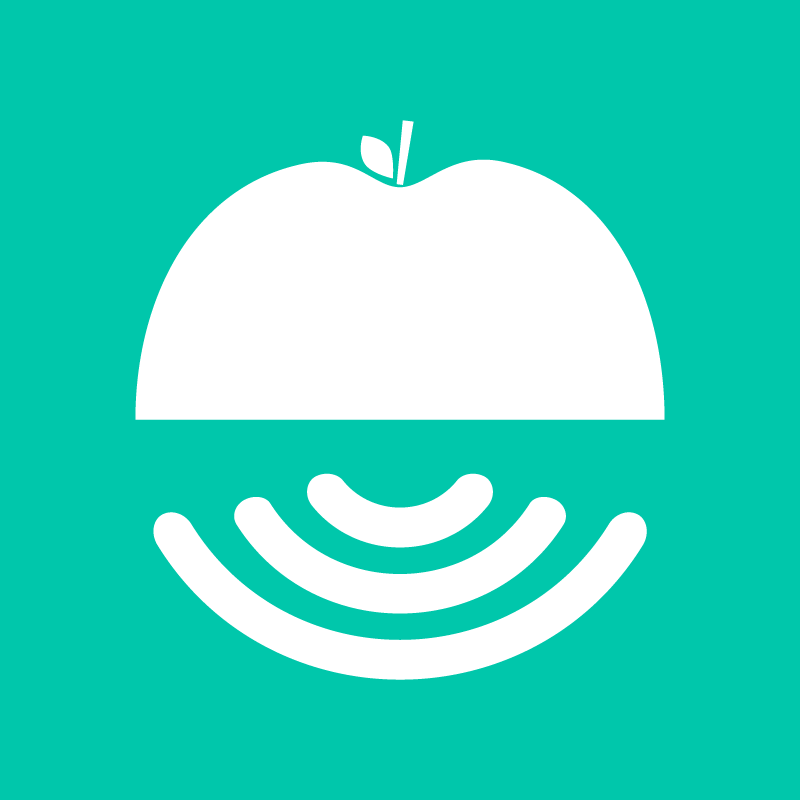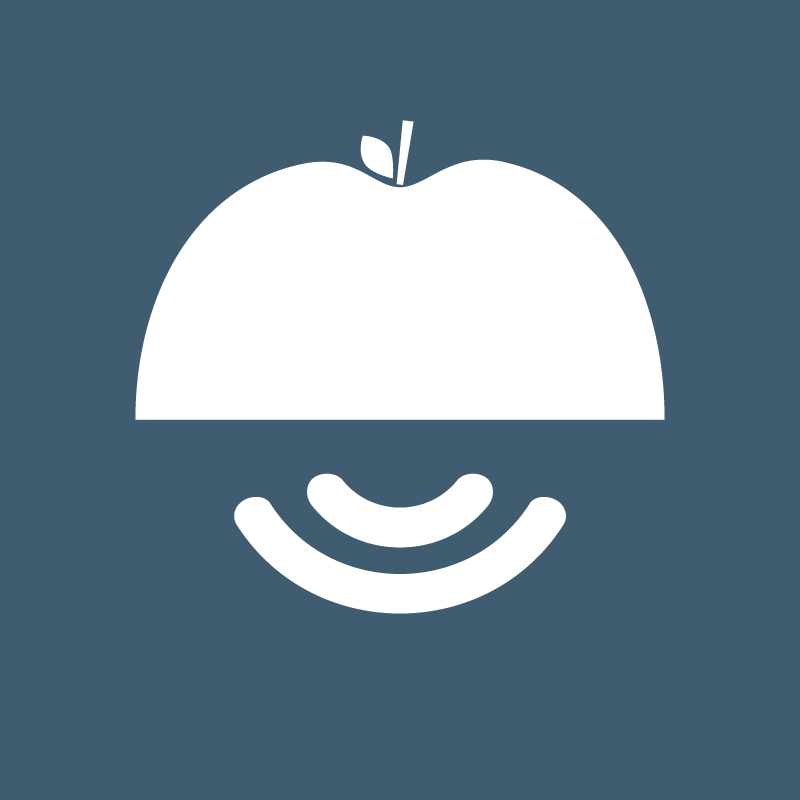

What is your greatest passion or joy as a singer, voice teacher, or vocal professional?
My greatest joy as a singer is being able to move my voice around in strange ways (I’ve been having classical singing lessons for 17 years now and I’m a metal singer who screams/growls a lot).
My greatest joy as a voice teacher is any breakthrough for students, no matter how small or “insignificant” it may seem. I’m often the most excited person in the room!
My greatest joy as a vocal professional is being on stage with my band, Eight Lives Down, and feeling free to express myself vocally, physically and musically.
Tell us the latest news about you, your studio, and your work!
My latest news on the teaching front is that I completed my studies with Vocal Health Education as a Voice Rehabilitation Specialist. That means I’m not only nerdy about metal vocals and distortions, but I’m also nerdy about vocal health and injuries.
What is an interesting or funny fact about you?
I don’t know if anyone here has fallen down the rabbit hole of vocal distortions, but, if you’re nerdy on that subject, anything and everything you hear from my band Eight Lives Down is only false vocal fold variations of distortions. There is no use of fry-based distortions and I probably won't use fry with this band.
What led you to the NYVC Voice Teacher Training & Certification Program?
I had been teaching voice on the side, but was going into it full time and I wanted to be better at my job. I was specifically searching for training that was solidly grounded in anatomy and research and I was looking to avoid all “techniques” and “methods” of teaching voice.
What was your experience in the NYVC Voice Teacher Training & Certification Program?
I had a great experience! I came in organised with questions and got answers. I obtained a solid foundation that enabled me to dig into my specialty and avoid some common mistakes I see, and I had a lot of fun along the way!
What advice would you give to future participants of the Program?
The more you invest, the more you’ll get. I highly recommend taking time to process the information, rewatch the material, take copious notes that you can easily refer back to throughout your career and challenge yourself.
What is the biggest challenge you’ve faced as an artist, teacher, or vocal professional?
The biggest challenge I notice is striking a balance. We tend to prioritise physical practicing because it is observable and measurable. However, the mind and body are one, and they like to work together, so spending some time to address mindset, intrusive thoughts/ideas, expectations etc, has a significant impact on the art we create, the way we sing and the way we teach.
What was your greatest victory ever as an artist, teacher, or vocal professional?
This might make no sense to most people. One of my greatest victories has been getting my music accepted on Encyclopaedia Metallum: The Metal Archives. If you’re a metalhead, you know… If you aren’t a metalhead: the Metal Archives have been around since 2002. If you never had an older metalhead guide you in the genre (which is very common), then the Archives are your best friend. They document metal bands and music and they have strict guidelines on what music they will accept. For example, Metallica are – obviously – on the Archives and Slipknot are not (and if you don’t know why, musically, you could probably learn a lot about metal from the forums on the Archives).
What is one piece of advice that you would love all singers to know?
You are the sole person inside your own body. Trust your body, trust your sensations. Listen to singers, listen to teachers, listen to people online, listen to anyone giving advice. But don’t allow them to rule over yourself. If it’s uncomfortable, it’s uncomfortable. If it’s comfortable, it’s comfortable. Maintain a good relationship with your body.
What is something you've learned on your journey that you would love other vocal professionals to know?
Oh, so many things come to mind!! Let’s see if I can keep this brief…
Learning about research, research methodologies and how to read scientific papers is very important. A stroboscopy alone is poor methodology. A deep dive into the depths of the internet isn’t research at all; just a “search”.
There is little “good” research on singing. Most studies are done with individuals and small groups. This is not a statistically significant subject sample. If you talk about singing research with scientists, they laugh at the sample sizes and ask how one could reach any conclusions from this lack of information. Be aware that we don’t have the same type of research that well-established fields do.
This does not negate the value of case studies or small groups in research. There is still valuable information within the research and the findings are important and significant. Just don’t be surprised if one case study’s reality doesn't match the reality of the student in front of you.
How can we find out more about you and your work?
Your best bet is probably hopping on my website alikikatriou.com, you can find links to everything else from there and you can reach me via the contact section :)





